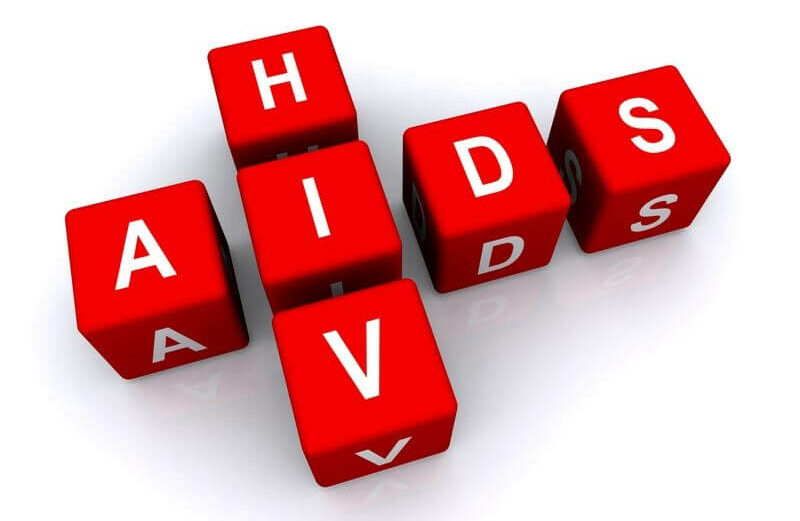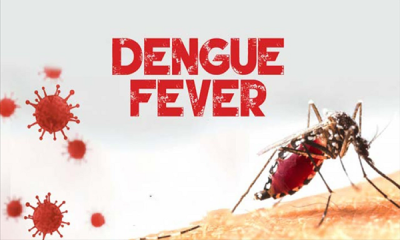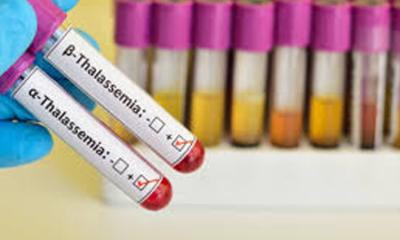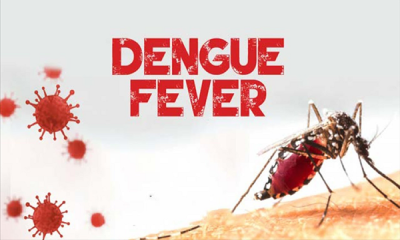A new HIV prevention shot, hailed as a major breakthrough in the fight against AIDS, has demonstrated near-perfect results in clinical trials.
The drug, known as lenacapavir, requires administration only twice a year.
A study showed it was 100% effective in preventing HIV infections among women and nearly as effective in men. Its potential has drawn global attention as a game-changer in HIV prevention.
Pharmaceutical company Gilead, which developed the drug under the brand name Sunlenca, plans to provide affordable generic versions in 120 low-income countries heavily impacted by HIV, including many in Africa, Southeast Asia, and the Caribbean.
However, its exclusion of most Latin American nations, where infection rates are climbing, has sparked criticism from health experts and advocates.
“This is the most effective prevention tool we’ve seen,” said Winnie Byanyima, executive director of UNAIDS, emphasizing the need to ensure widespread access. UNAIDS` latest report marks a critical moment in combating AIDS, with global deaths from the disease at a record low of 630,000 in 2022.
While lenacapavir is already approved for HIV treatment in parts of North America and Europe, its availability for prevention remains limited.
Advocacy groups from Latin America have urged Gilead to include their region in the generic distribution deal.
Many worry that stigma, discrimination, and unequal access could hinder efforts to curb rising infection rates.
Dr. Alma Minerva Pérez, a researcher in Mexico, highlighted the reluctance of vulnerable groups, such as gay men, to seek daily prevention pills due to societal stigma.
For them, a semi-annual injection would be life-changing. Despite Mexico`s provision of free daily pills since 2021, the government has yet to announce plans to make Sunlenca accessible.
Advocacy groups have called for compulsory licensing, a strategy used in past health crises, to bypass patents and make the drug affordable.
The pricing disparity has also raised concerns. While Sunlenca costs over $40,000 annually in high-income countries, experts estimate it could be manufactured for as little as $40 per treatment with generic production.
A similar issue exists with Viiv Healthcare`s bi-monthly HIV prevention shot, Apretude, which costs $1,500 annually in middle-income nations. Advocacy groups argue these high prices block access for populations in need.
Health leaders stress the importance of making lenacapavir universally accessible, especially in regions with the highest HIV burden.
While Gilead has pledged to streamline access to the drug, experts believe governments must act decisively to integrate it into public health programs.
“The missing piece is ensuring equitable distribution,” said Dr. Salim Abdool Karim, a South African AIDS expert.
With over 1 million new HIV infections reported annually, lenacapavir offers an unprecedented opportunity to prevent the spread of the virus.
The global health community now faces the challenge of translating this scientific breakthrough into accessible care for vulnerable populations.




-20260106082251.webp)

-20251231101531.webp)







-20260226080139.webp)






-20260225072312.webp)










-20260219054530.webp)
-20260224075258.webp)





-20260221022827.webp)